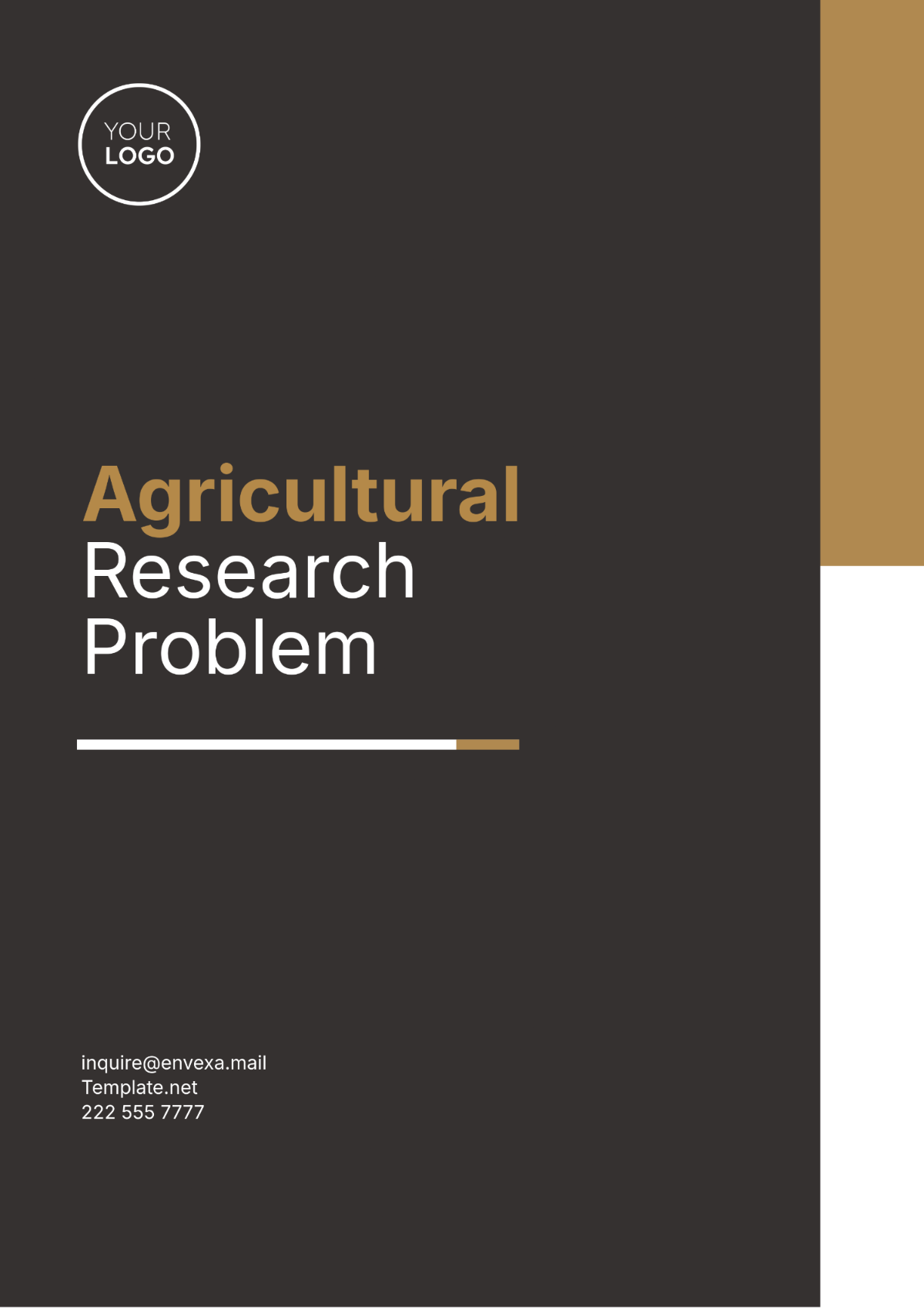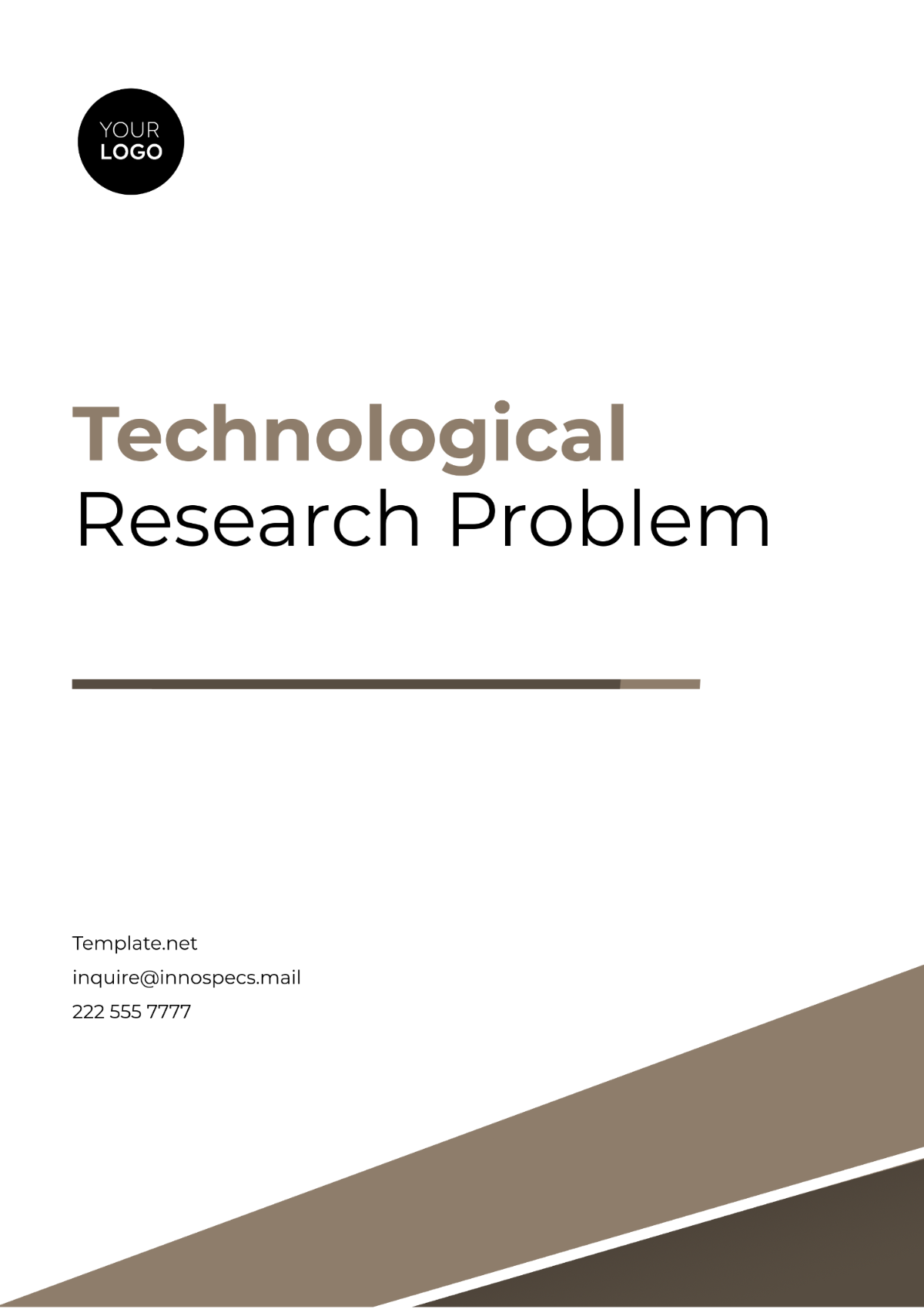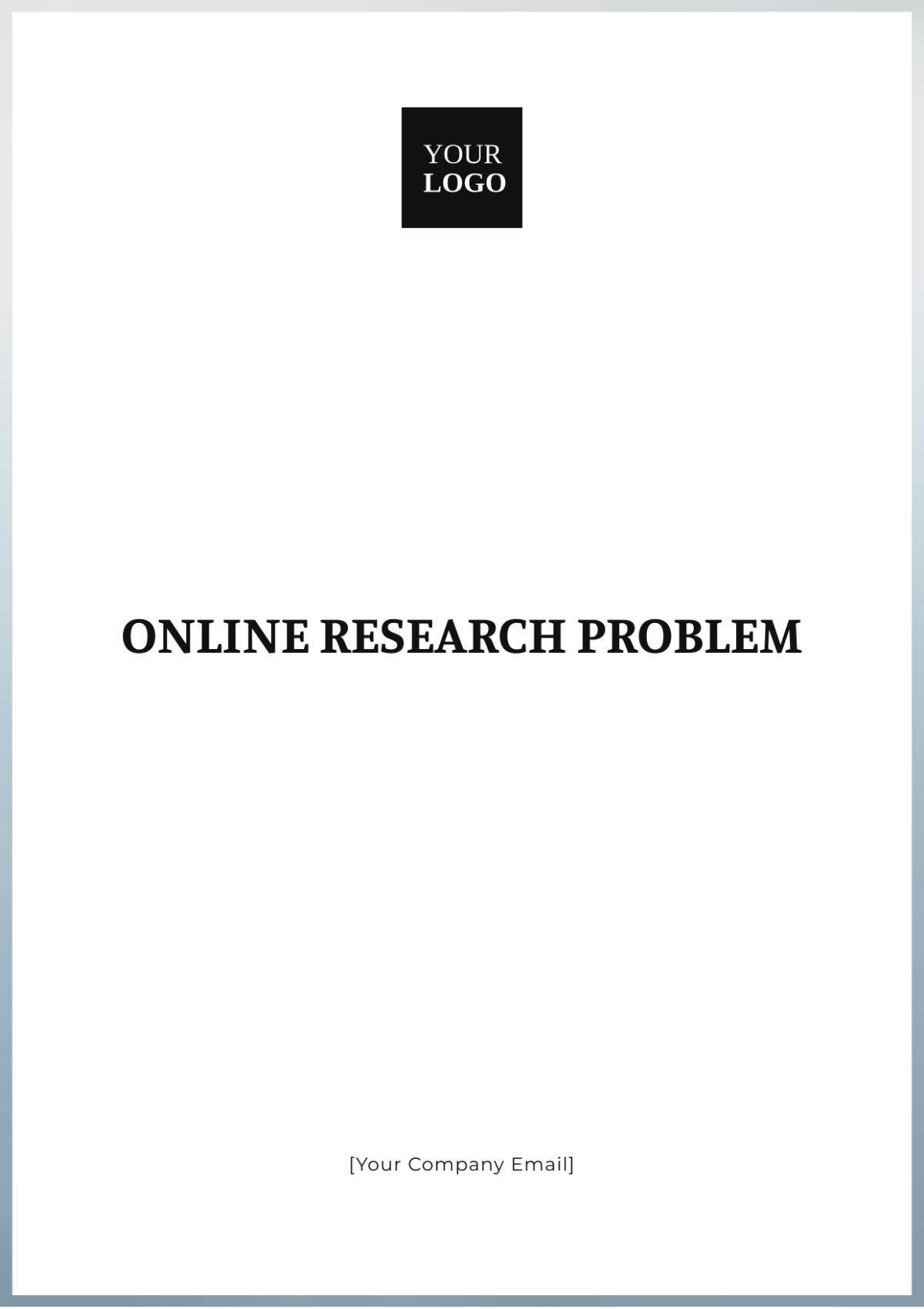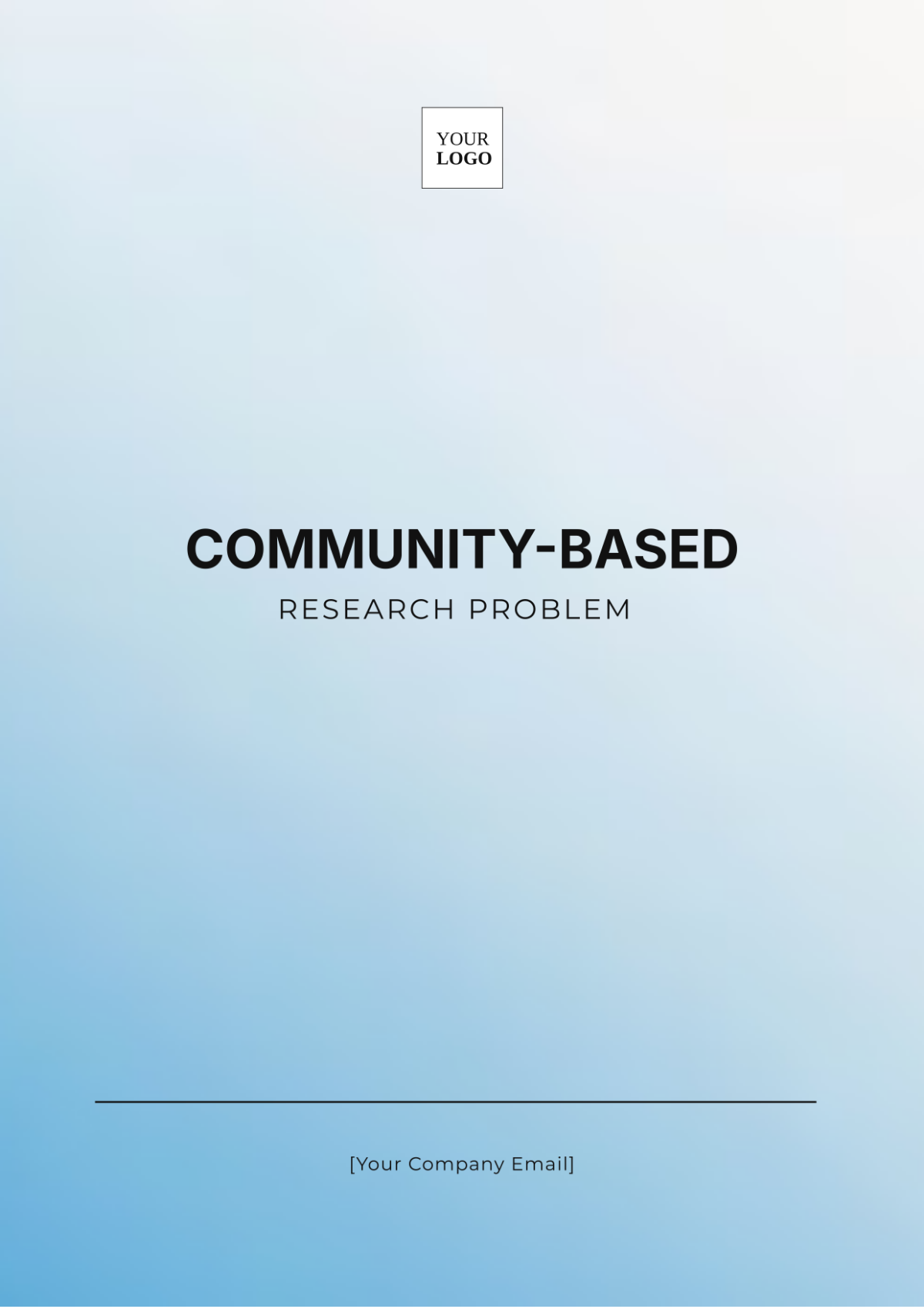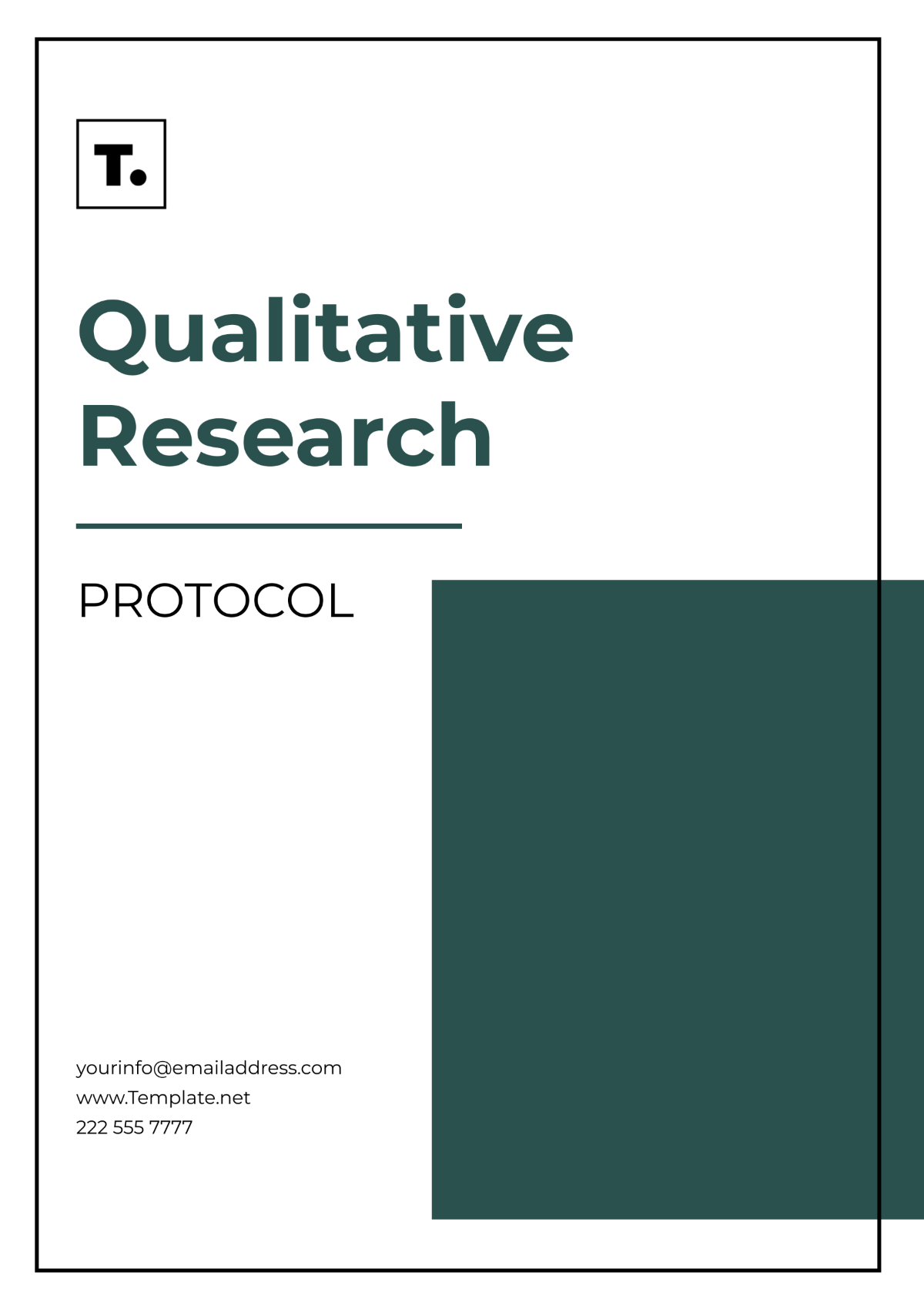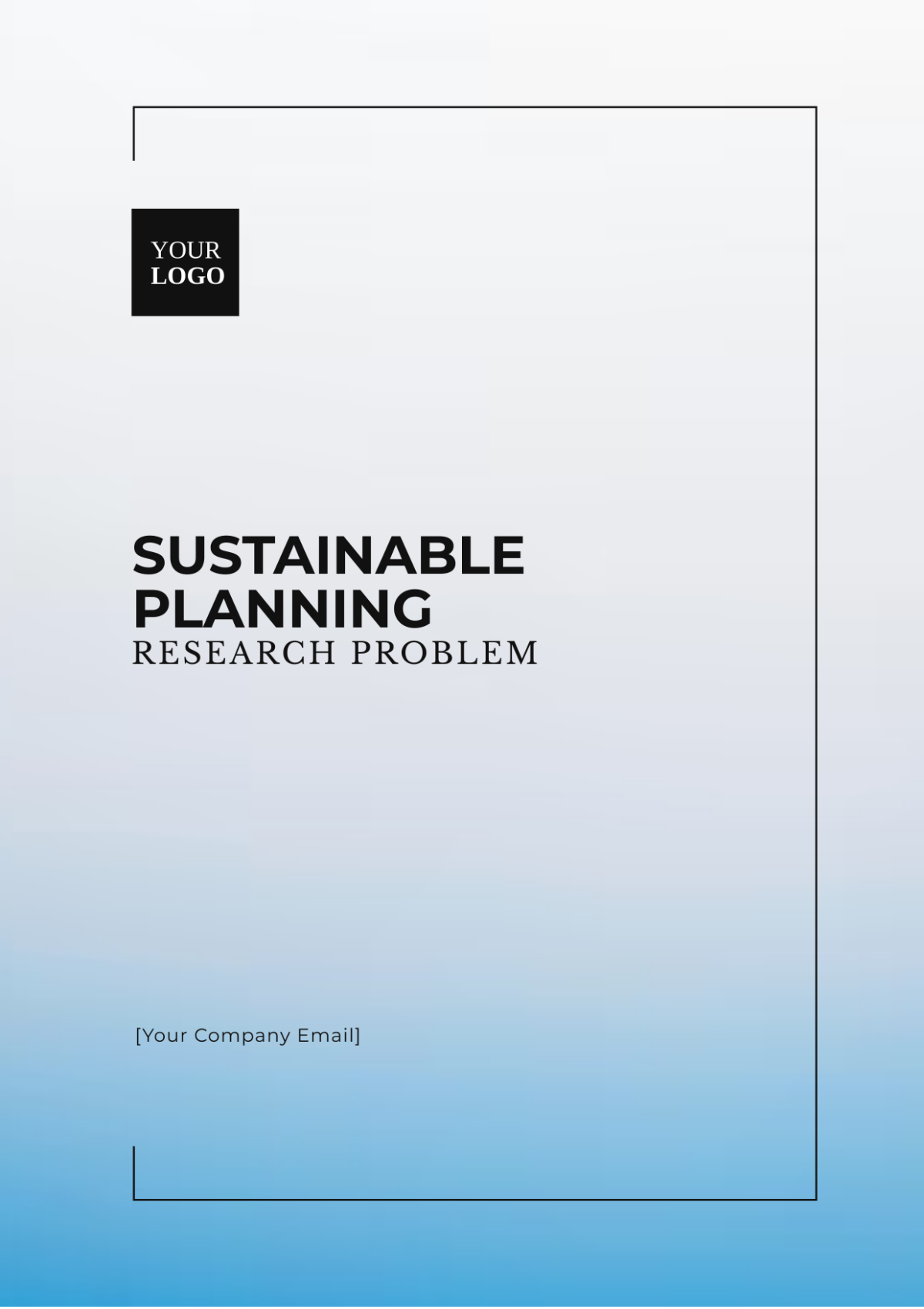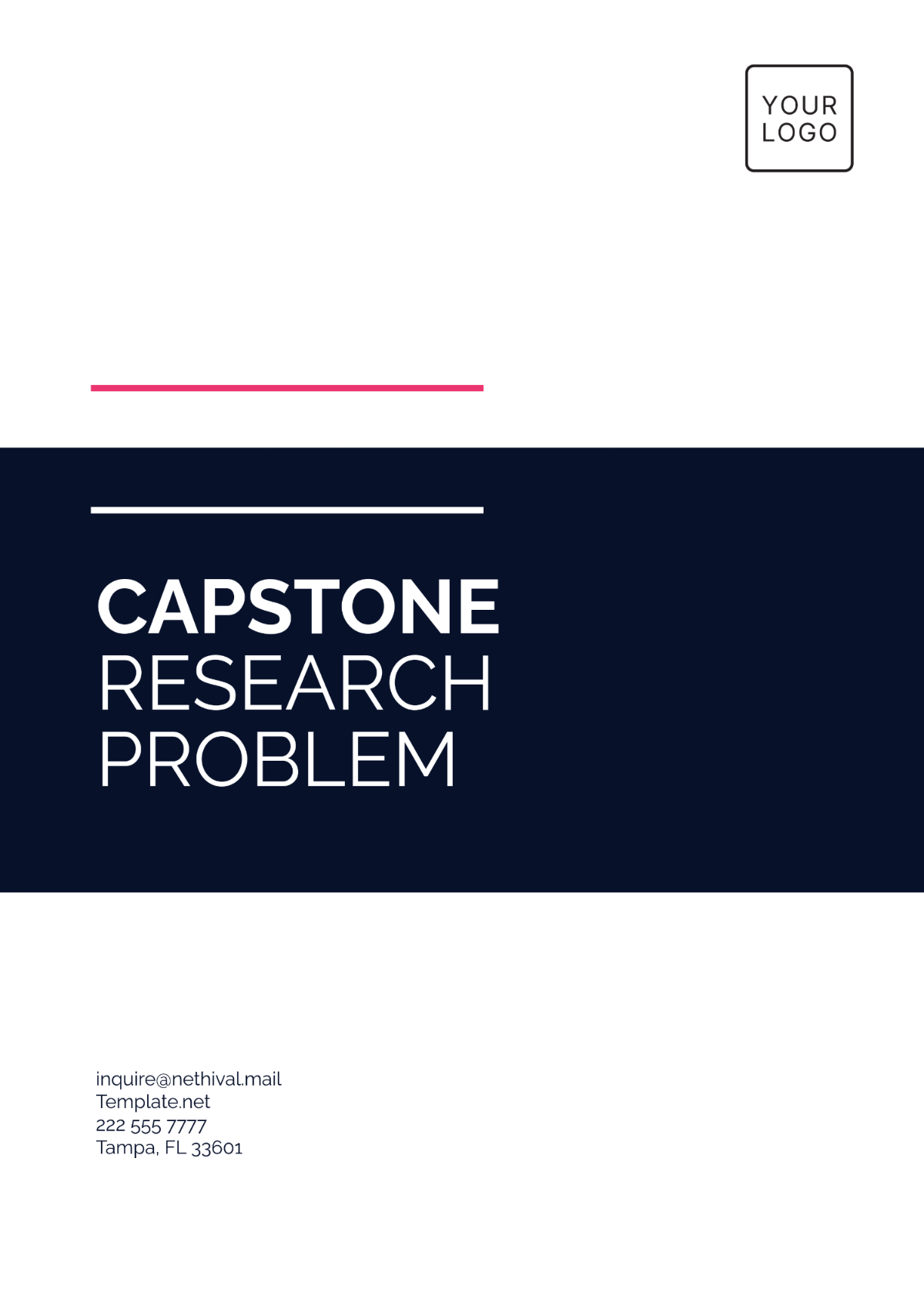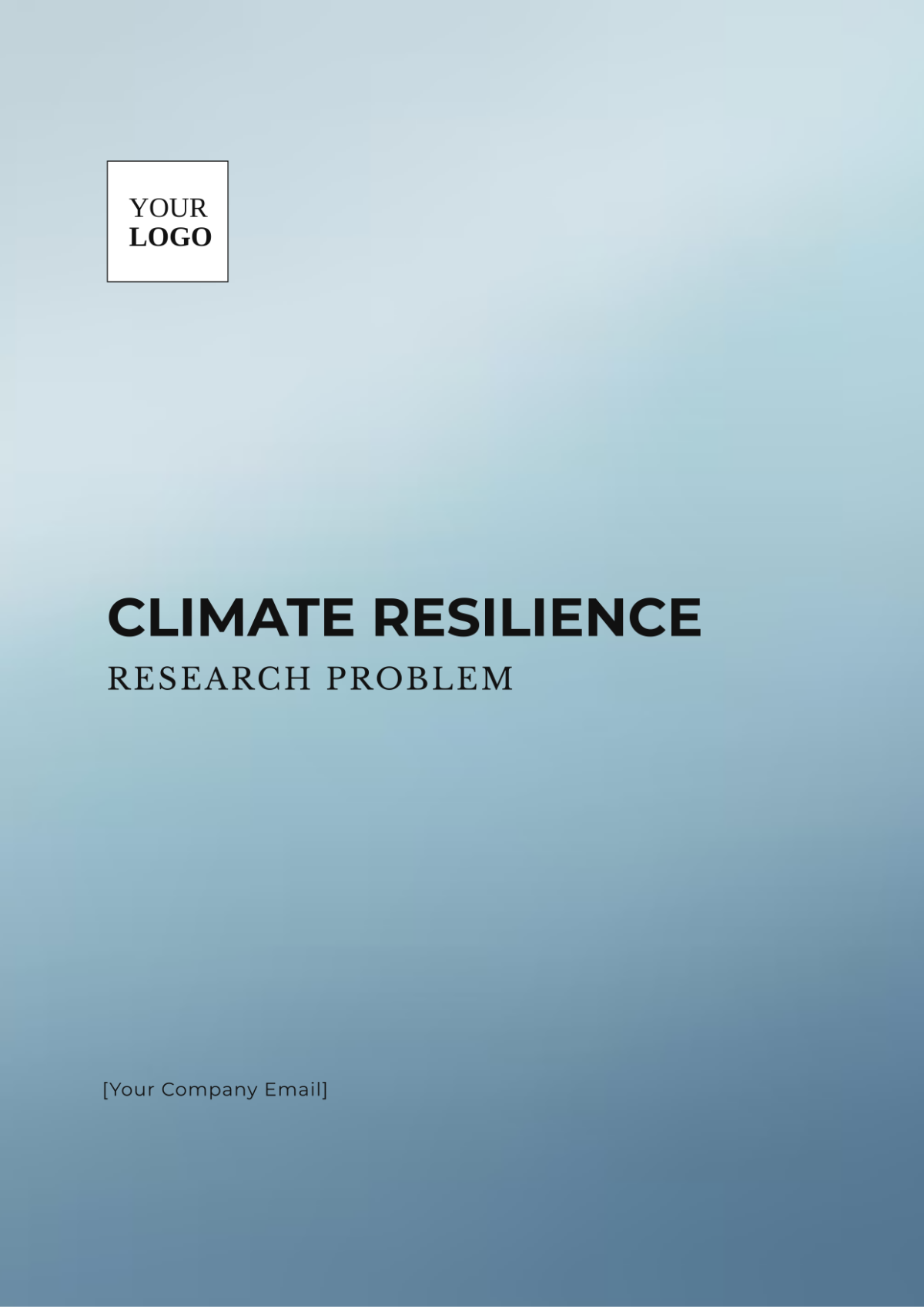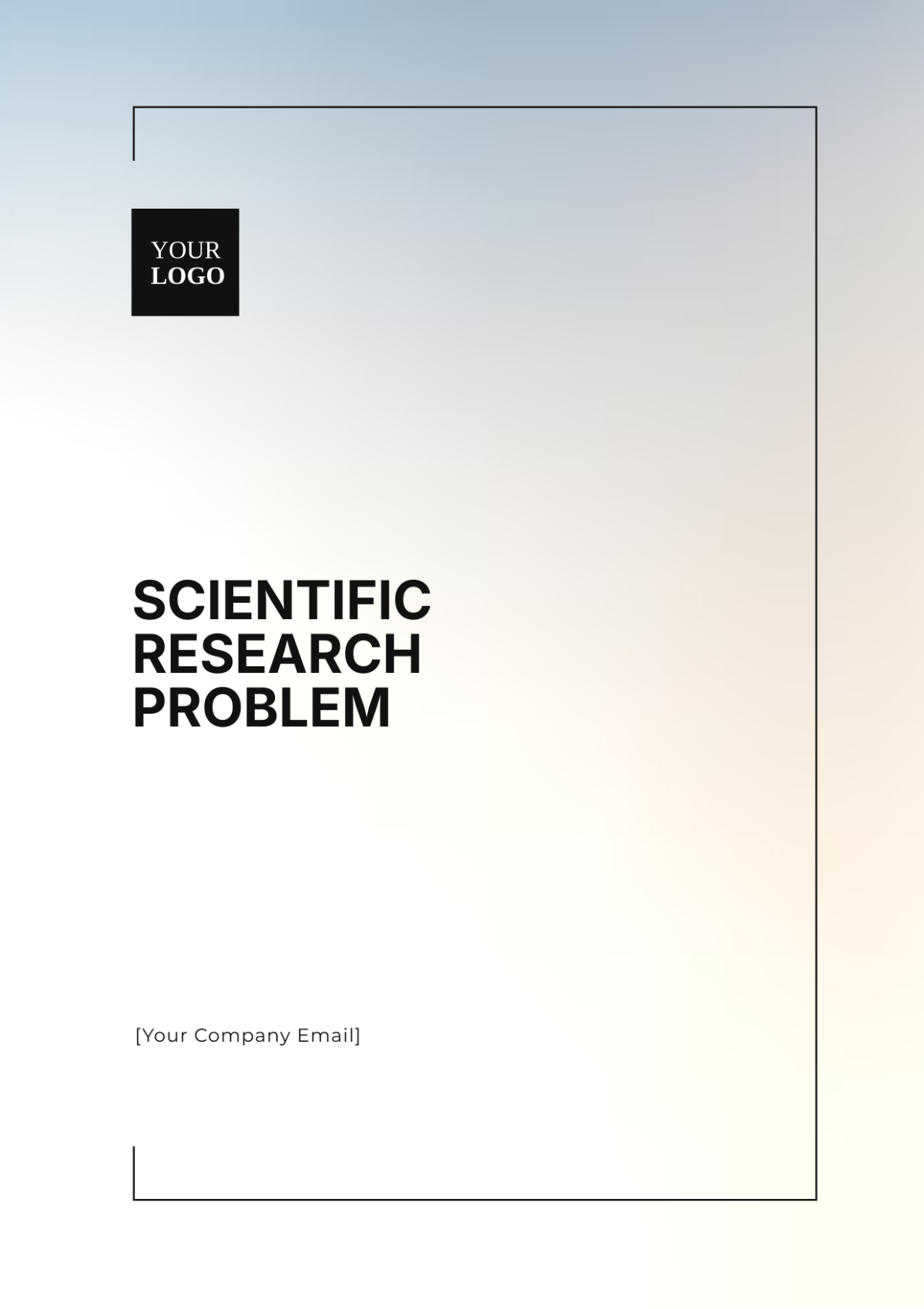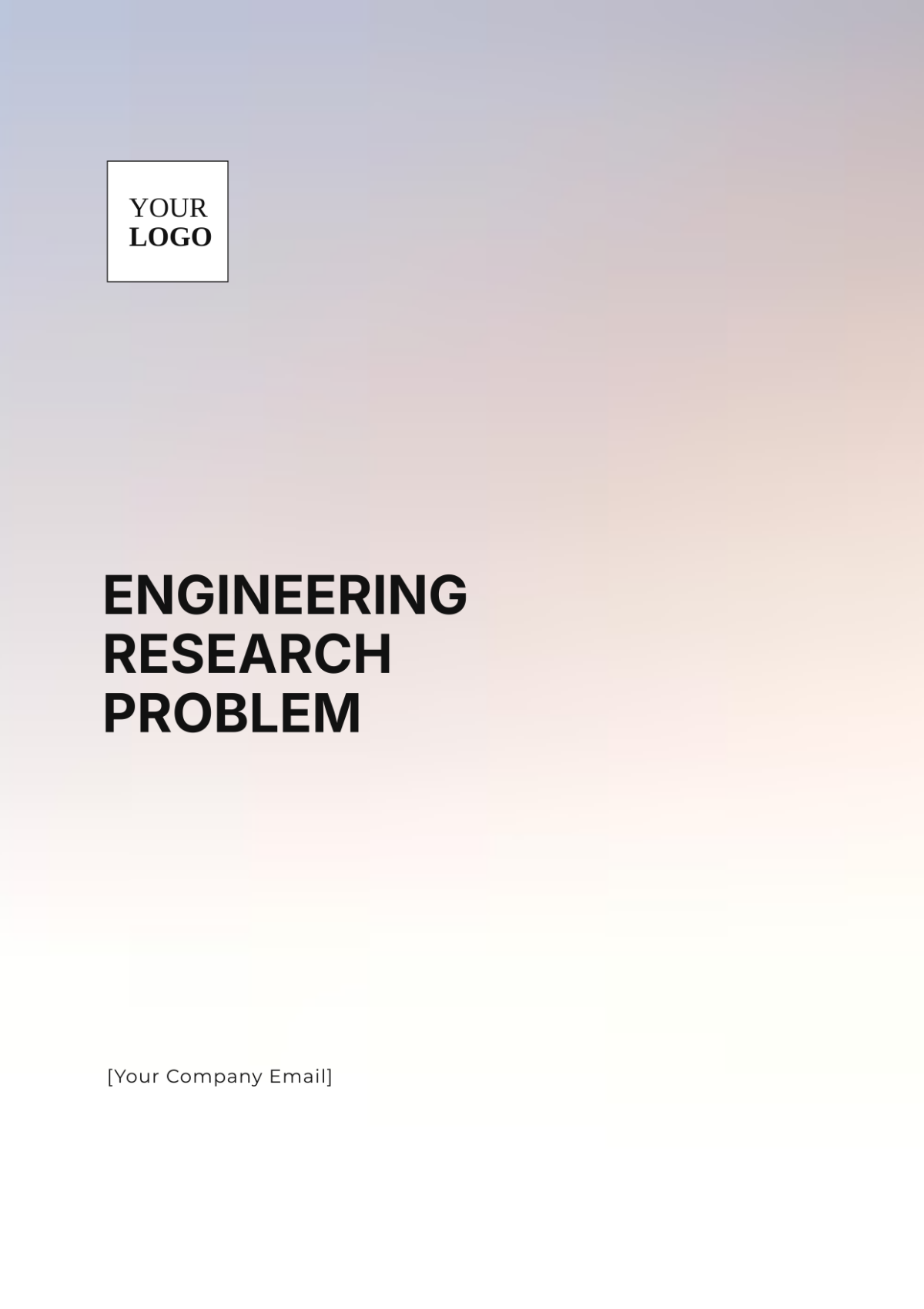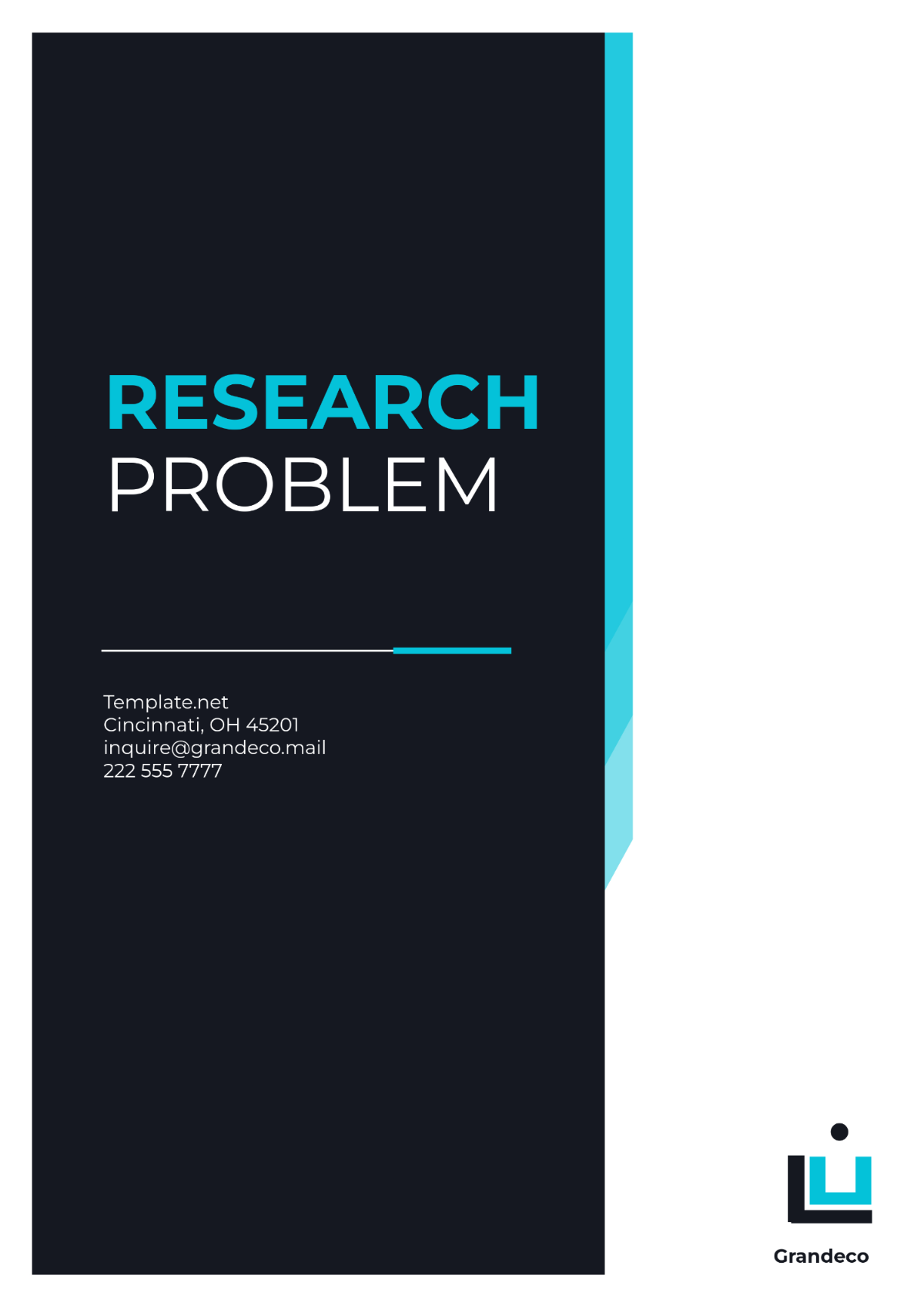Reflective Teaching Action Research
I. Introduction
Reflective teaching action research is a systematic process where educators critically evaluate their teaching practices, identify challenges, and implement improvement strategies. This practice not only enhances the learning experience for students but also fosters professional growth for teachers. The aim of this research is to explore various methodologies, benefits, and case studies related to reflective teaching action research.
II. Methodologies
Different methodologies can be employed when conducting reflective teaching action research. These methods help in collecting data, analyzing teaching practices, and implementing changes. Common methodologies include:
A. Journaling
Teachers maintain reflective journals documenting their daily teaching experiences, observations, and reflections. Journals are reviewed periodically to identify patterns and areas needing improvement.
B. Peer Observation
Colleagues observe each other's teaching sessions to provide constructive feedback. This collaborative approach helps in gaining new perspectives and sharing best practices.
C. Student Feedback
Students provide feedback through informal discussions, surveys, or questionnaires. Understanding students' perspectives is crucial for addressing their needs and improving teaching methodologies.
D. Video Analysis
Teachers record their lessons and review the footage to evaluate their teaching methods, classroom management, and student engagement. This method offers a detailed and objective perspective.
E. Surveys and Questionnaires
Structured surveys and questionnaires can be distributed to gather quantitative data on various aspects of teaching and learning. This data can help identify specific issues and measure improvement over time.
III. Benefits
Reflective teaching action research offers numerous benefits for both educators and students. These include:
A. Enhanced Self-Awareness
Reflective practice helps teachers become more aware of their strengths and areas for improvement. This self-awareness is critical for personal and professional development.
B. Improved Teaching Practices
By continually assessing and refining their methods, teachers can develop more effective teaching strategies that cater to the diverse needs of their students.
C. Increased Student Engagement
Reflective teaching often leads to more engaging and interactive lessons, resulting in increased student participation and motivation.
D. Professional Growth
Engaging in reflective practices contributes to ongoing professional development, helping educators stay current with emerging pedagogical trends and best practices.
E. Informed Decision-Making
Data collected through reflective research enables teachers to make informed decisions about their teaching strategies, curricula, and classroom management techniques.
IV. Case Studies
To illustrate the impact of reflective teaching action research, several case studies can be examined. These case studies highlight successful implementations and their outcomes.
Case Study | Key Findings |
|---|---|
Case Study 1: Elementary School Math Teaching | Implemented journaling and student feedback to identify gaps in understanding. Resulted in tailored lesson plans that improved student performance. |
Case Study 2: High School English Classes | Used peer observation and video analysis. Improved classroom management and engagement strategies. |
Case Study 3: University-Level Biology Lectures | Administered surveys and questionnaires. Identified areas of lecture delivery needing improvement and incorporated active learning techniques. |
V. Conclusion
Reflective teaching action research is a powerful tool for educators aiming to enhance their teaching effectiveness and foster better learning outcomes. By employing various methodologies, actively seeking feedback, and continually reflecting on their practices, teachers can make informed decisions that benefit both their professional growth and their students' academic success.
VI. References
Doe, J. (2050). Reflective Teaching: An Introduction. Education Journal, 15(3), 45–60.
Smith, A. (2059). Peer Observation in Teaching: A Comprehensive Study. Teaching Excellence, 22(1), 78–90.
Johnson, L. (2051). The Impact of Student Feedback on Teaching Practices. Learning & Development Review, 10(4), 112-130.
















